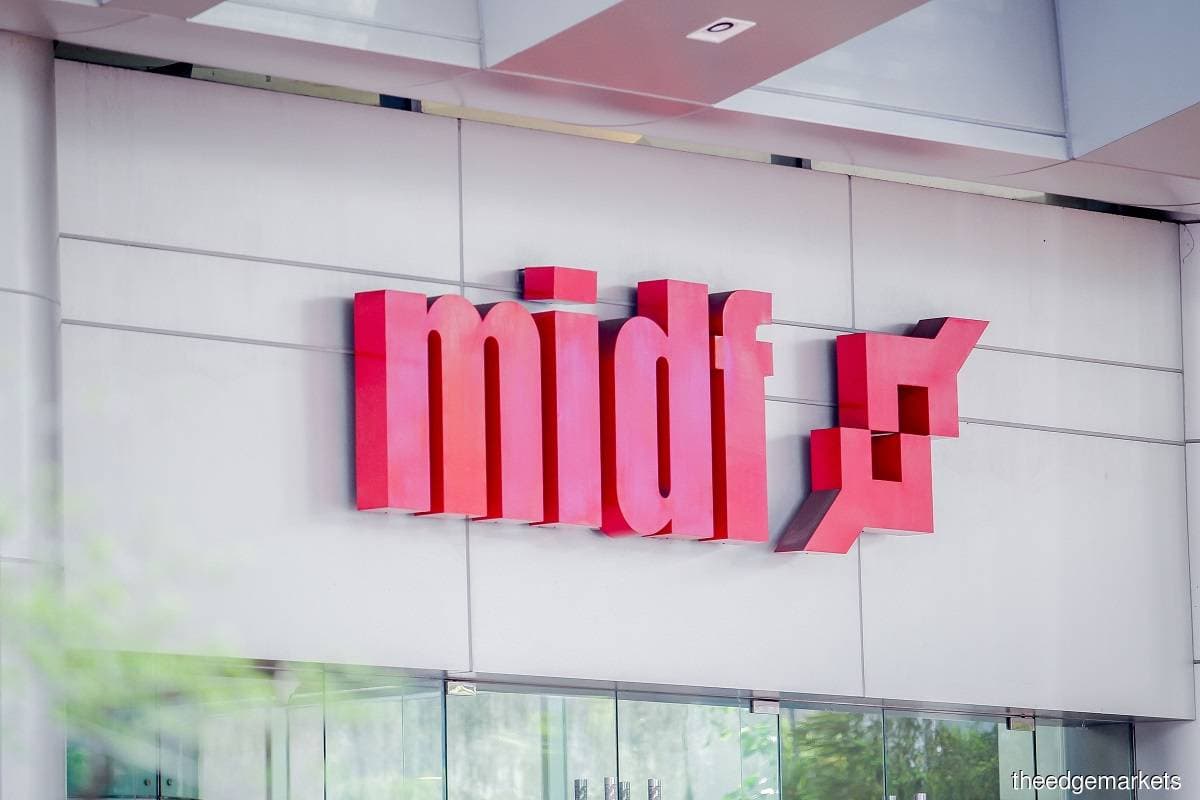
KUALA LUMPUR (April 22): MIDF Research has revised its consumer price index (CPI) forecast for Malaysia to 2.5% from 2.1%, citing indirect inflationary pressure.
In a note on Friday (April 22), MIDF Research said the revision is mostly due to higher expectations of food inflation of 3.5% versus its initial projection of 2.3%, in view of the rising global commodity prices.
Meanwhile, it said fuel inflation will continue to decelerate as the government maintains its fuel subsidy mechanism, while non-food inflation will stay low at 2.1% in 2022 compared with 2.8% in 2021.
The research house projected that Bank Negara Malaysia will likely increase the benchmark Overnight Policy Rate by 25 basis points to 2% from 1.75% in the second half of 2022 on the back of sustained economic growth amid inflation remaining within the 2% to 3% range.
"Nevertheless, we think the government will also take actions to contain inflation should the rise in commodity prices and prolonged supply disruptions in the international market lead to stronger inflationary pressures," the note read.
Earlier, the Department of Statistics Malaysia (DOSM) in its monthly CPI report said the index increased 2.2% year-on-year in March 2022, the same growth rate recorded in the preceding month.
DOSM's chief Datuk Seri Dr Mohd Uzir Mahidin said in a statement that the increase in food inflation, the largest component of the overall weight of the CPI, remained a major contributor to inflation, pointing to the 4% increase in the CPI's food and non-alcoholic beverages segment as food prices such as chicken and vegetables rose by more than 10%.
PPI to rise further amid elevated global commodity prices
On the cost of goods at the production level, MIDF Research foresees the producer price index (PPI) to continue to trend upwards amid elevated global commodity prices. It said Malaysia reported a 9.7% year-on-year (y-o-y) rise in the PPI in February 2022, compared with 9.2% y-o-y in January 2022.
"In addition, intermediate materials will see a gradual pickup due to global supply chain disruptions caused by the Ukraine-Russia war and lockdowns in several cities in China. For instance, the Baltic Dry Index surged to three-month high in Mar-22, reflecting modest increase in global supply chain tightness," MIDF Research added.